Paris Hosts Anti-Terror Allies Seeking to Tackle Syria Puzzle
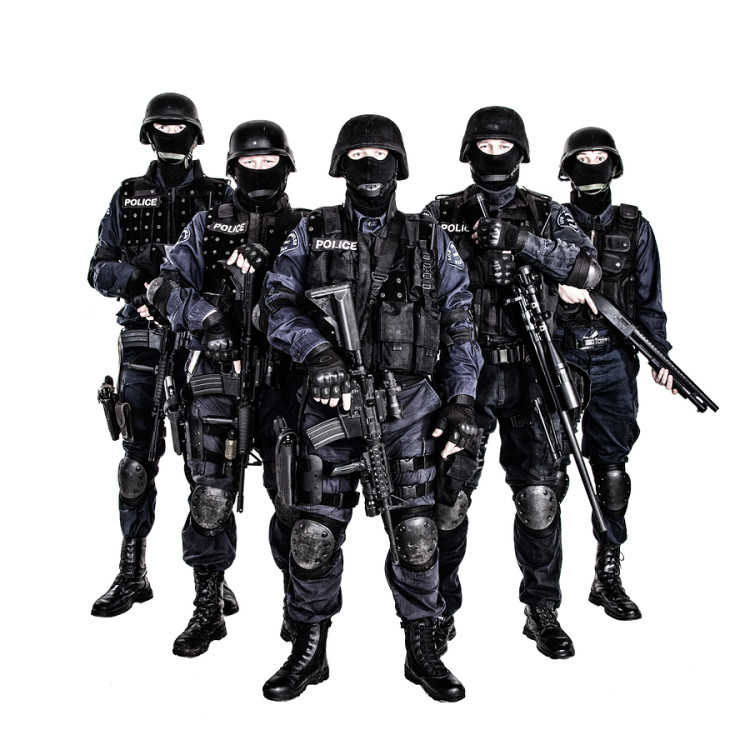
©2015 Bloomberg News
NYLJRJ6JTSE8
(Bloomberg) — Paris will become the nexus of diplomacy on Syria this week as leaders including Russian President Vladimir Putin use the opportunity of United Nations climate talks to discuss the regional conflict that has become the global epicenter of Islamic State terrorism and the refugee crisis.
French President Francois Hollande, who will host leaders in a city in lockdown after the murder of 130 civilians little more than two weeks ago, won pledges of support in Moscow and Washington last week as he set about forging an anti-terror alliance that also includes the U.K. and Germany. The race is now on to convert those promises into success against Islamic State on the battlefield.
As government chiefs from U.S. President Barack Obama to British Prime Minister David Cameron converge on Paris from Monday, questions remain over the broader goal in Syria beyond military strikes, the role of Bashar al-Assad in any transition and the fate of those fleeing war toward European nations that are increasingly reluctant to take them.
Syria and its fallout ensures that “the internal political, economic and social challenges will go on to overshadow not only 2016 but will shake the very foundations of the EU” and its economic and monetary union, said Alastair Winter, chief economist at Daniel Stewart & Co. in London. “No wonder Mr. Hollande wants to tackle the problem at its root and is willing to work with anyone in doing so.”
With more than 140 world leaders expected in Paris, many are using the chance for one-on-one meetings on the sidelines to discuss matters other than climate change. Putin will hold bilateral talks on Syria and the fight against terrorism with Israeli Prime Minister Benjamin Netanyahu, and also plans to meet with German Chancellor Angela Merkel. Talks with Obama in Paris can’t be ruled out, a Kremlin aide told reporters Friday.
International attention has turned to Syria following a wave of terrorist outrages including a bombing in Ankara, the downing of a Russian tourist jet over Egypt and an armed assault on a hotel frequented by foreigners in Mali. Even amid signs of international consensus on taking on Islamic State in its Syrian and Iraqi heartlands, the complex set of overlapping allegiances in Syria’s four-year civil war make a resolution far from easy.
Turkish Talks
The picture was further muddied by the downing of a Russian combat jet last week by Turkish forces on the Turkish-Syrian border, prompting Russia to introduce economic sanctions over the weekend against Turkey, a NATO member, including the suspension of visa-free travel and a ban on the hiring of Turkish nationals.
Turkish President Recep Tayyip Erdogan, speaking in the eastern province of Bayburt Friday, suggested that he may meet with Putin in Paris, helping to calm investors alarmed at the prospect of a ratcheting up of tensions. His prime minister, Ahmet Davutoglu, is due to meet with NATO Secretary General Anders Fogh Rasmussen in Brussels Monday.
Davutoglu represented Turkey at a summit on Sunday with European Union leaders, many of whom will travel on to Paris for the climate talks. The EU reiterated its willingness to provide “an initial” 3 billion euros ($3.2 billion) to help Turkey better cope with the 2.2 million refugees it already hosts, plus an easing of visa requirements and determined that the stalled process of EU accession for Turkey be “re-energized.”
In return, Turkey committed to “bring order” to the flow of migrants, to clamp down on traffickers bringing people to Europe via its territory and to accept a system of returning illegal migrants.
‘Rising Threat’
Both sides agreed to closer cooperation on foreign and security policy given “the rising threat of terrorism in all its forms and manifestations,” according to the meeting’s conclusions.
“We must have a cooperation with Turkey to fight against trafficking, to mobilize against terrorism — and we need to do so — and to find a solution for Syria,” Hollande told reporters in Brussels late Sunday.
Hollande not only faces the challenge of a global climate summit at a time when he has said France is “at war” with terrorism, he’s also up against record unemployment and a surge in support for the opposition National Front of Marine Le Pen going into regional elections on Dec. 6.
Military Mandates
In Germany, where the authorities are struggling to cope with the influx of an anticipated one million asylum seekers this year, Merkel’s government will this week seek a parliamentary mandate for a military mission including Tornado reconnaissance jets, satellite data and a frigate in support of France. In the U.K., Cameron is preparing to ask lawmakers as soon as this week to approve bombing over Syria after a previous attempt in 2013 ended in parliamentary defeat.
Hollande’s anti-terror alliance, while understandable, is only one part of the equation to resolving the Syrian conflict, according to Jan Techau, director of Carnegie Europe in Brussels.
“What’s the longer-term political goal this serves?” Techau said. “I can see how it has a purpose and the Europeans don’t want to look weak. But I think they’ll only look strong if they have a political strategy.”
–With assistance from Patrick Donahue.
To contact the reporter on this story: Ian Wishart in Brussels at iwishart@bloomberg.net To contact the editors responsible for this story: Alan Crawford at acrawford6@bloomberg.net Richard Bravo


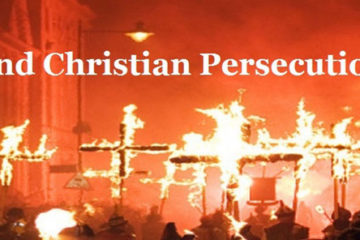
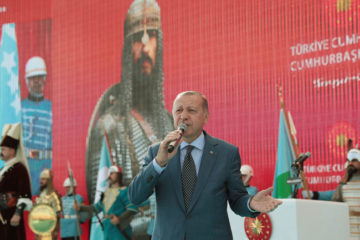
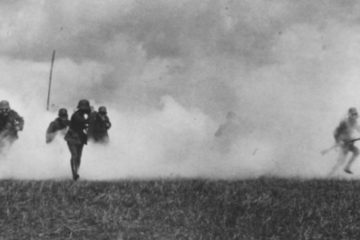
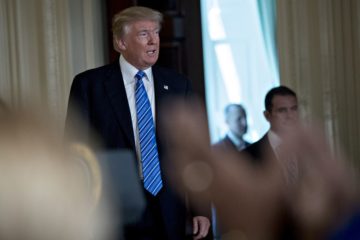

No Comment